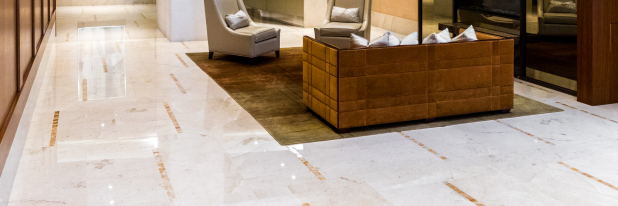What is Marble?
What is Marble?
Marble is a calcium carbonate based sedimentary rock that has been metamorphosed. Or more simply put, marble is restructured limestone. This means that from it’s limestone state, marble has undergone a natural transformation and recrystallization from heat and pressure over the course of millions of years. The heat and pressure of the recrystallization process create a stone that typically has a more compact crystalline structure, increased hardness, and often a smoother texture compared to limestone.
Wow that sounds amazing, can I use marble in my home/design?
Absolutely. Marble is renowned for its unique and elegant appearance, and is a popular choice for countertops, flooring, wall cladding, and decorative elements where a touch of luxury and sophistication is desired.
I read online that vinegar is great for cleaning, should I use it on my marble?
No, no you should not. Vinegar is an acid and will etch your stone. It’s important to use only pH neutral cleaner to clean your marble. This means no vinegar, no citrus based cleaners, or descalers, oven cleaners, rust removers, toilet bowl cleaners, or most commercially available grout cleaners.
So what can I use to clean my marble?
Water.
Wait seriously, only water?
Yes… …okay fine you can use a little dish soap as well. But only a little. I’m talking like 2 or 3 drops of a mild (fragrance free, dye free) dish liquid diluted in to a few litres of water. If you use too heavy of a concentration of soap you can end up leaving a film behind which will attract more dirt and can make your floors slippery or leave streaks on your floors or counter tops.
So why do they sell granite and marble cleaners commercially if I can just make my own at home?
Because companies like to make money. And because most folks feel better having bought a pre-packaged thing at the store. To be a good cleaner for marble the product has to be pH neutral, this is done by mixing copious amounts of water with a very mild cleaner. Which is precisely what we recommended in the step above, only the home made version doesn’t come in a fancy bottle. (Just a side note, it’s always a good idea to add a label on your home made cleaner so you know what is in the bottle and don’t get it mixed up with any of your other cleaning products. Always follow any precautions listed on your soap bottles, including notices about allergens, ingestion, or what to do if the products gets in your eyes, etc…)
So what are the best steps to take when cleaning your marble?
Start by sweeping/vacuuming your floor or using a dry cloth wipe off your counter tops. Then using your soap/water mix from above, clean the stone, then rinse the area to remove any soap buildup, followed by drying your stone with a soft cotton or microfibre cloth.
Does Marble Need to Be Sealed?
Yes, marble should be sealed to protect it from staining and moisture absorption. The frequency of sealing depends on the type of marble, its use, and the quality of the sealer being used. Typically sealeing is recommended every 2-5 years. Hoever areas that area typically wet may benifit from being sealed more frequiently.
Incorporating marble into your home or design adds a touch of elegance, but it's crucial to understand its characteristics and maintenance needs to ensure it retains its stunning appearance.



